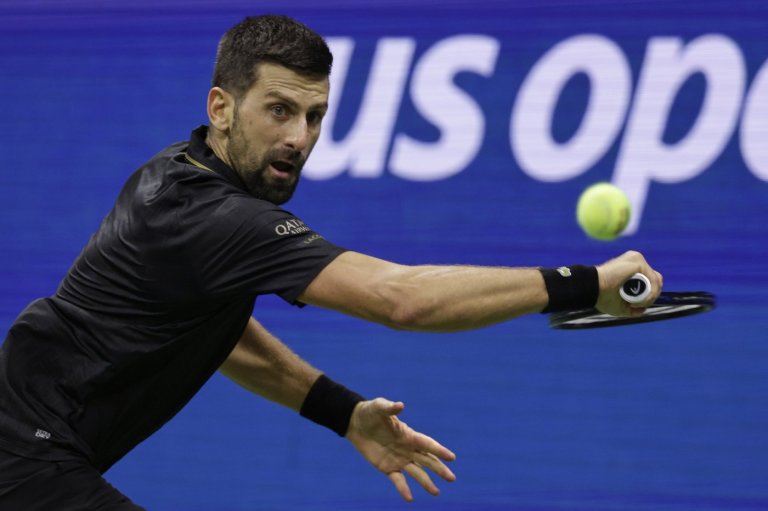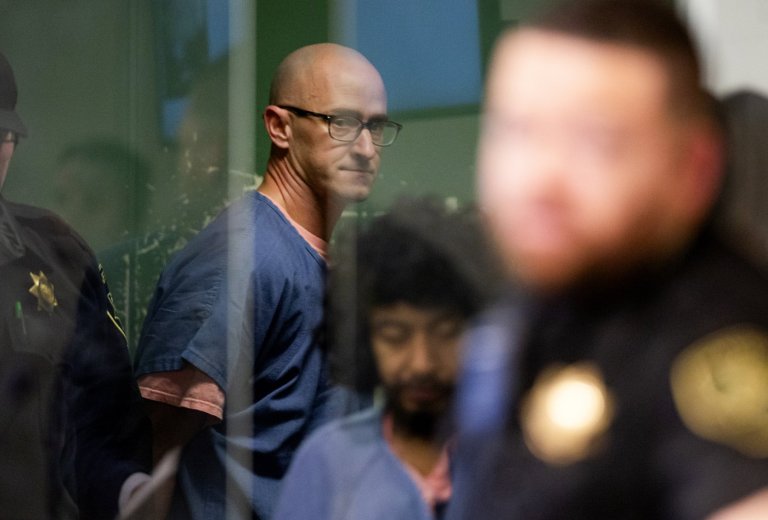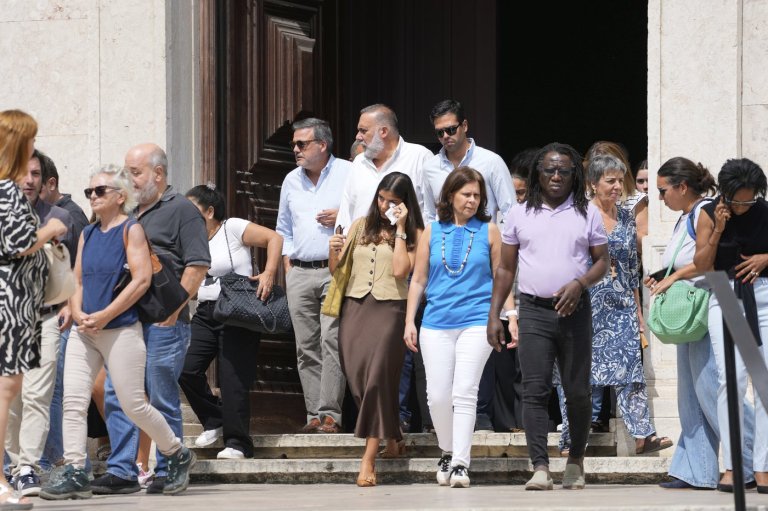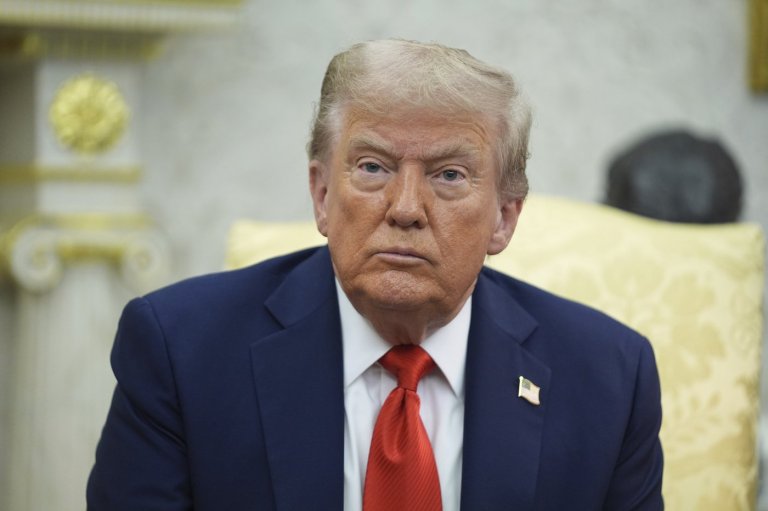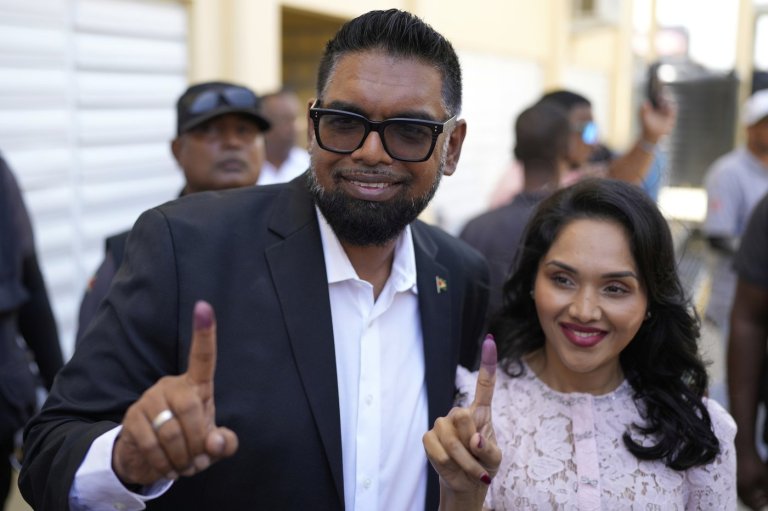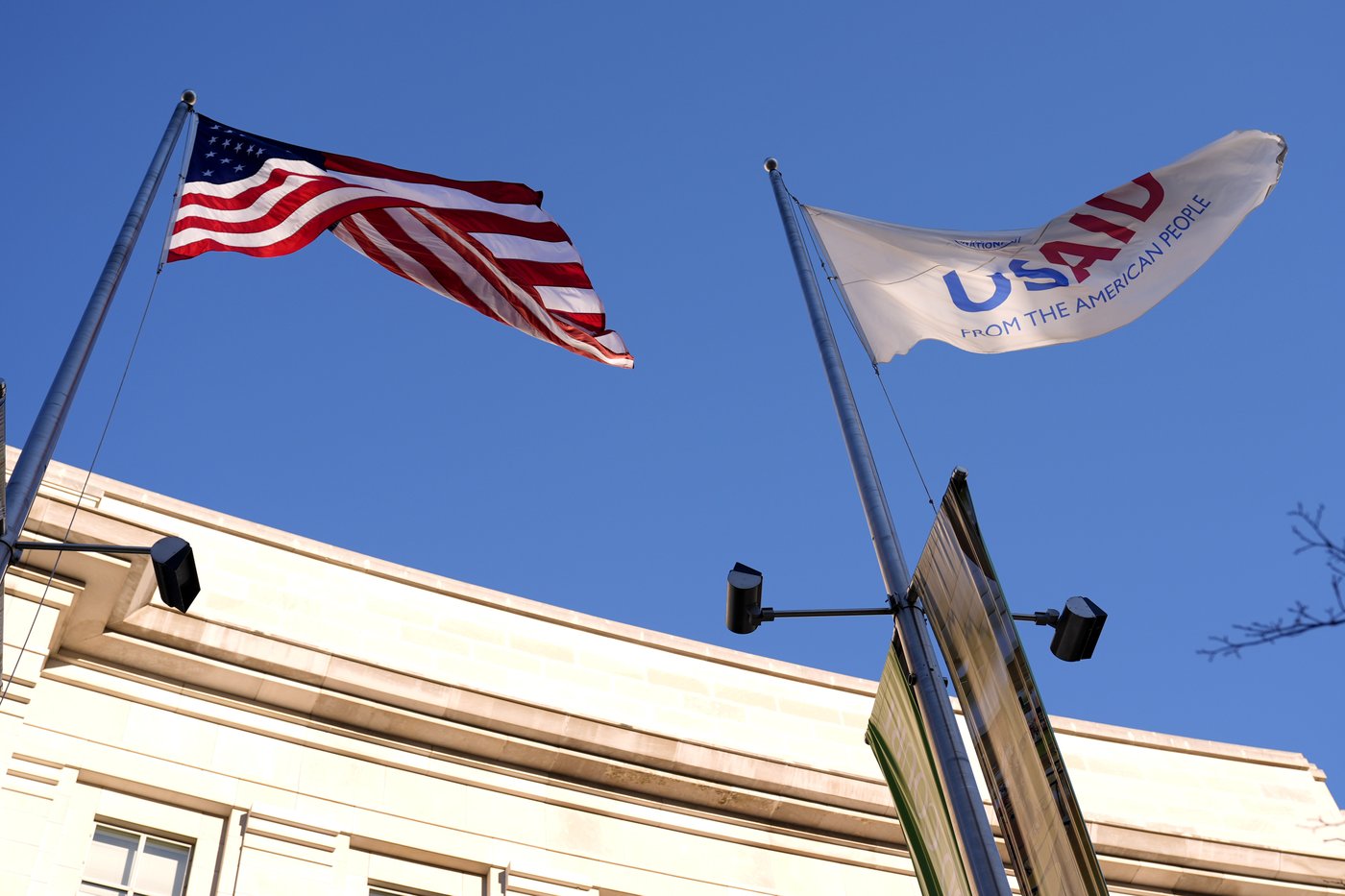
Frozen USAID funding strands groups that support marginalized people in the Western Balkans
PRISTINA, Kosovo (AP) — Many non-governmental organizations in the Western Balkans have been left stranded after U.S. President Donald Trump abruptly froze foreign aid for three months.
Some of the groups rely on U.S. Agency for International Development funding to serve marginalized communities. Other funding has been used to promote vital reforms in the judiciary and in the finance and energy sectors.
In Kosovo, USAID has promoted economic growth, assisting small and medium-sized businesses, and the country’s integration into the European Union and Euro-Atlantic institutions. The U.S. has invested $2 billion (1.93 billion Euro) in Kosovo since 1999, including over $1 billion (967 million Euro) from USAID.
After Trump’s order, all programs and grants without a waiver approved by the Secretary of State using foreign assistance funding are paused. Only life-saving humanitarian assistance programs should continue or resume work, according to a USAID spokesperson’s response to The Associated Press.
Blendi Hasaj of the GAP Institute, a public policy think tank, said USAID has suspended funding for 18 projects worth about 157 million euros ($162 million), impacting public institutions involved in taxation, procurement processes and other areas.
Arjana Qosaj Mustafa of the Kosovo Women’s Network, an umbrella for around 140 non-governmental organizations, said some organizations have had their funding stopped.
“Everybody is uncertain what will happen and how this will continue,” she said. “This is very worrisome, especially in our area, where we have instability, and financial instability can cause even more potential unrest.”
Freezing funding for gender and diversity-related projects is of special concern in the conservative country. U.S. assistance has supported women’s groups, women’s rights, property rights, economic development and more.
“This might leave women’s groups stranded and unsupported,” she said. “We need to see what will happen and how gender and diversity will be continued — in what forms.”
Kosovo-Serbia ties remain tense since the end of the 1998-1999 war between Serbian government forces and ethnic Albanian separatists in Kosovo, which left about 11,400 dead, mainly ethnic Albanians, and pushed Serbian forces out. Serbia does not recognize Kosovo’s independence, proclaimed in 2008.
Efforts from the EU and the United States to normalize Kosovo-Serbia have brought little change.
The president of a Serb-dominated part of Bosnia, Milorad Dodik, hailed the suspension of U.S. foreign aid, saying it was used to “dehumanize” societies and “eliminate” politicians throughout the world, Dodik said in an interview with the AP.
Emina Bosnjak of the Sarajevo Open Center said many marginalized groups will experience negative impacts because discrimination, violence and hate speech were subjects that USAID promoted awareness and engagement on.
“Stronger narratives that stand against human rights and stand against democracy and rule of law will actually become more visible,” she said.
___
Semini reported from Tirana, Albania. Eldar Emric contributed from Sarajevo, Bosnia.
Join the Conversation!
Want to share your thoughts, add context, or connect with others in your community?
You must be logged in to post a comment.













